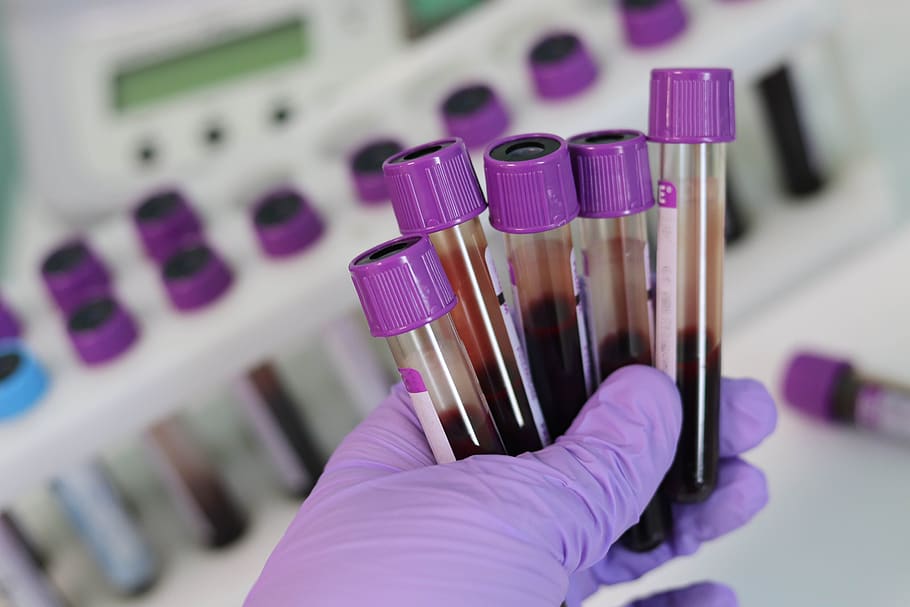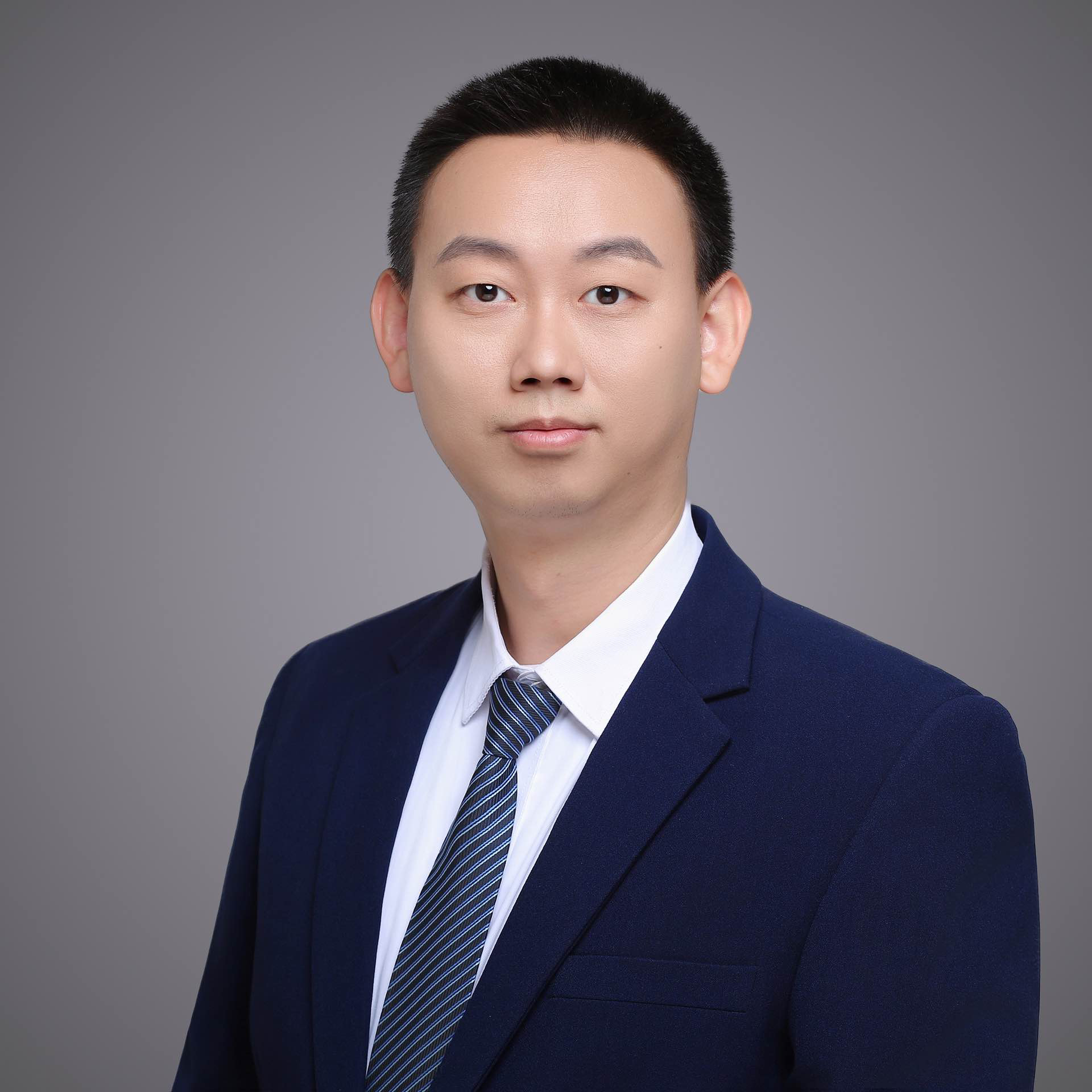
About PI

Jiawei Zhao, PhD
Expert in hematopoietic stem cell, hematopoiesis and leukemogenesis
Specialized in gene regulation at the post-transcriptional level and ferroptosis
Full Professor, Faculty of Pharmaceutical Sciences
Awardee of the National Talent Program
Shenzhen Peacock Distinguished Professorship
Jiawei Zhao, PhD
Expert in hematopoietic stem cell, hematopoiesis and leukemogenesis
Specialized in gene regulation at the post-transcriptional level and ferroptosis
Full Professor, Faculty of Pharmaceutical Sciences
Principal Investigator, Center for Cancer Immunology
Prof. Zhao obtained his B.S. degree in general biology at the University of Kentucky in the United States in 2015. He then moved to Los Angeles for his M.S. degree in stem cell biology and regenerative medicine at the University of Southern California Keck School of Medicine in the United States and graduated in 2016. He earned his Ph.D. degree from the University of Texas Southwestern Medical Center in the United States in the area of cancer biology in 2020. After UT Southwestern, Prof. Zhao moved to Boston, MA and finished his postdoctoral training at the Harvard Medical School/Boston Children's Hospital under the supervision of Prof. Vijay Sankaran, who is an expert in human genetics of hematopoiesis and is now an HHMI investigator. During his postdoctoral training, Prof. Zhao published two Cell papers within two years and has made significant contribution to the mechnistic study of HSC maintenance and genetic basis of myeloid malignancies. After finishing his postdoctoral training in 2023, Prof. Zhao returned to China and was appointed as a professor of the faculty of pharmaceutical sciences at the Shenzhen University of Advanced Technology. Prof. Zhao was one of the awardees of the National Talent Program for oversea scholars and was later appointed as the Shenzhen Peacock Distinguished Professorship. In the future, Prof. Zhao will expand his expertise in hematopoietic stem cell biology and further explore detailed mechanisms by which genes are regulated at the post-transcriptional to maintain HSC stem cell function and leukemogenesis.